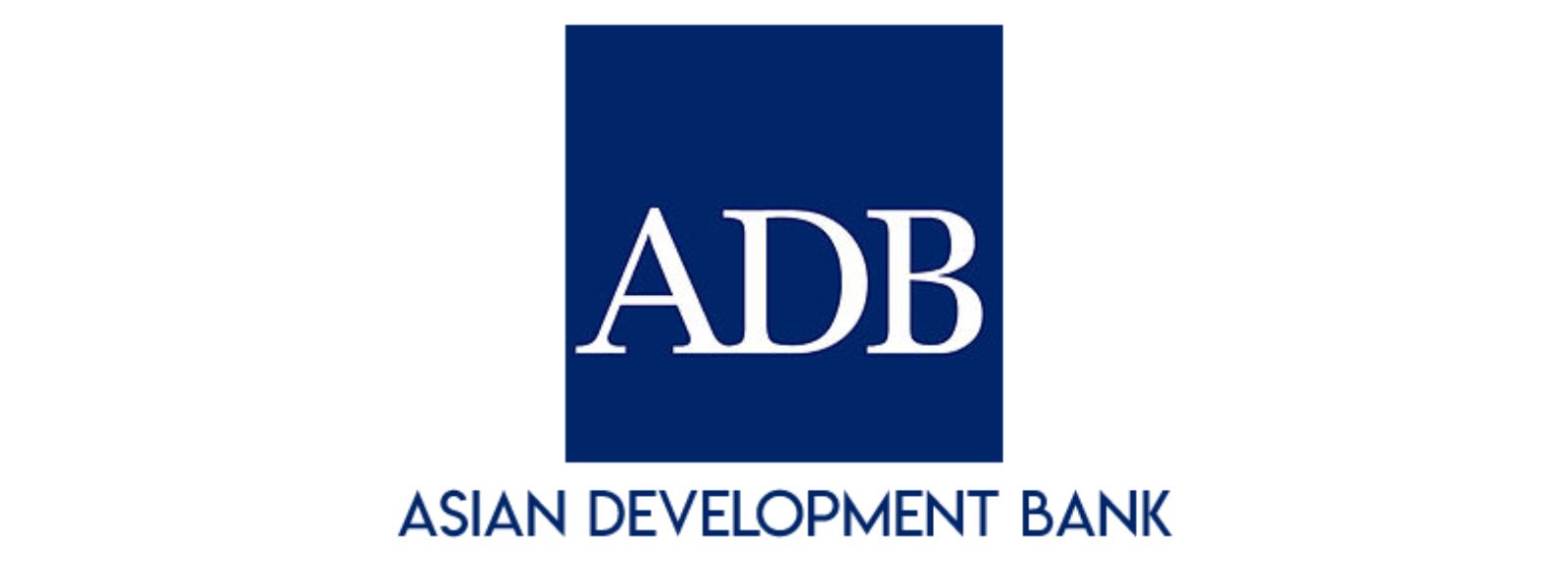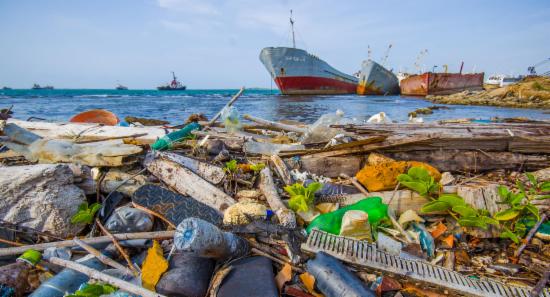.webp)

ADB Approves $100M for Sri Lanka’s Economic Recovery
COLOMBO (News 1st); The Asian Development Bank (ADB) has approved a $100 million financing package to support Sri Lanka’s ongoing efforts to stabilize its economy and lay the groundwork for sustainable, inclusive growth following the country’s worst financial crisis in decades.
The funding will focus on strengthening public expenditure management, enhancing domestic revenue mobilization, and fostering private sector participation.
“Sri Lanka has made commendable progress in restoring fiscal and debt sustainability,” ADB Country Director for Sri Lanka, Takafumi Kadonosaid. “This program also aims to improve the credibility and execution of public expenditure, enhance domestic revenue mobilization, and foster a more predictable and transparent investment climate.”
The initiative aims to streamline budgetary processes, improve transparency in public spending, and ensure better resource allocation.
It also supports the development of a multi-year tax compliance strategy and deeper international tax cooperation, following Sri Lanka’s recent membership in the Global Forum on Transparency and Exchange of Information for Tax Purposes.
A key component of the program is the creation of a modern legal framework for public–private partnerships (PPPs), aligned with international best practices. This is expected to unlock climate finance and attract private investment into critical sectors.
Several first-time initiatives in Sri Lanka will be supported. In addition to the draft PPP law, this includes a comprehensive Fiscal Risk Statement and a climate finance strategy that aims to crowd in other sources of finance to support Sri Lanka’s climate ambition and resilience. It also addresses gender gaps through Sustainable Development Goals budget tagging, a new gender sensitive Nationally Determined Contribution, and public procurement reforms to enhance its development impact and inclusivity. These innovations, together with newly established institutional mechanisms—such as the SOE credit risk framework and specialized monitoring units—lay the foundation for sustained impact.
Other Articles
Featured News





.png )











-812087_550x300.jpg)
-810262_550x300.jpg)
-809496_550x300.jpg)

















.gif)